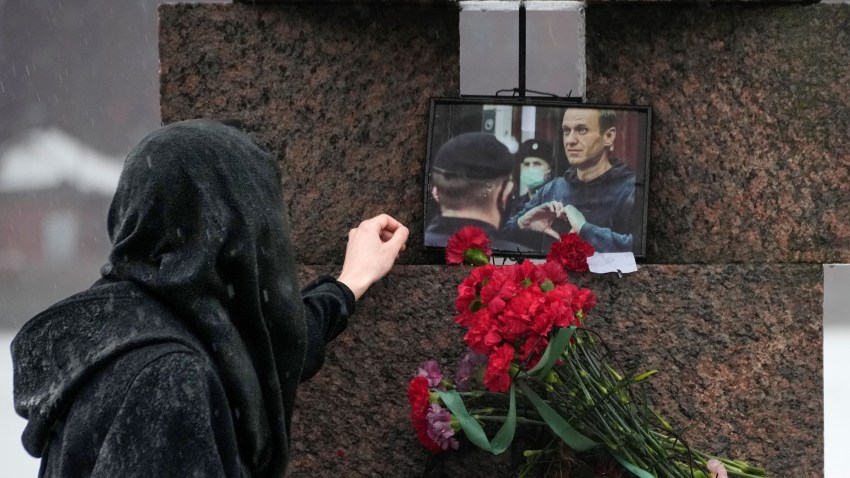There are moments when a predictable headline can still have the power to shock. Alexei Navalny’s death in a penal colony above the Arctic Circle last week was one of them. As the news emerged, the much-anticipated loss of such a charismatic figure fueled despair among dissidents and emigres struggling to break President Vladimir Putin’s grip on Russia. Unless Yuliya Navalnaya, Navalny’s widow, and other leading activists can move quickly to revive the remnants of Russia’s democratic opposition, their influence is likely to fade away for the foreseeable future.
Claims by some analysts and Russian emigres that Navalny’s death might be a sign of Putin’s domestic vulnerability do not look convincing. For all the courage displayed by the handful of Russians who laid flowers in Navalny’s memory, the lack of mass protests similar to the outpouring of anger over the assassination in 2015 of Boris Nemtsov—Navalny’s most prominent predecessor—is an indication of how completely dissent has been crushed. With mentions of Navalny’s death kept to a minimum on state television and other media outlets from which much of the Russian population gets its daily news, it seems unlikely that anger over his death within a battered urban liberal milieu will represent a threat to Putin’s grip on power.
Over the past few months, the Kremlin had already paralyzed moderate liberals who, unlike Navalny, had tried to avoid crossing the regime’s red lines. When veteran legislator Boris Nadezhdin’s cautious presidential campaign quickly gained traction based on a platform of opposition to the war in Ukraine, he was barred from running on a technicality, despite never representing a real threat to Putin’s position. For an authoritarian regime focused on the total consolidation of power, even symbolic efforts it would have once used to sustain a facade of electoral legitimacy can no longer be tolerated.

